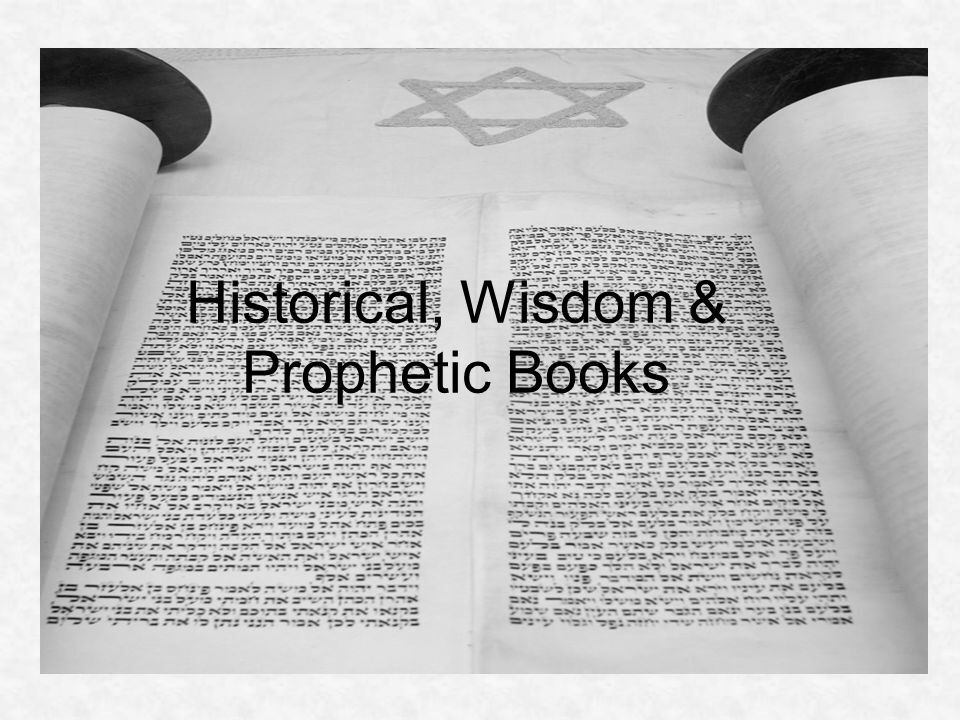Introduction
In the vast landscape of decision-making, our minds are often influenced by various cognitive biases and mental traps. One such pervasive cognitive bias is the Historical Wisdom mental model. Historical Wisdom refers to the tendency to rely excessively on past experiences, conventional knowledge, and societal norms when making decisions, rather than thoroughly evaluating the current context and available information. While drawing upon historical knowledge can provide valuable insights, overreliance on it can lead to irrational decision-making that undermines our best interests. In this blog post, we will explore the relevance of Historical Wisdom in decision-making processes, its psychological underpinnings, and provide practical strategies to avoid falling prey to this mental trap.
The Relevance of Historical Wisdom in Decision-Making
Historical Wisdom holds a significant place in decision-making due to its roots in human psychology and its prevalence in our day-to-day lives. Our brains have evolved to rely on patterns and heuristics to simplify complex decision-making processes. Historical Wisdom becomes a shortcut that our minds often employ, allowing us to make quick judgments based on previous experiences and established norms. However, in an ever-changing world, blind adherence to the past can lead to irrational decisions that fail to consider the nuances of the present context.
Examples of Historical Wisdom in Various Contexts
- Personal Life Decisions: Consider an individual who has always dreamt of pursuing a career in medicine due to family traditions and societal expectations. Despite having a strong inclination towards the arts, they opt for a medical career solely based on the historical success and respect associated with the profession. By succumbing to Historical Wisdom, they disregard their own passions and talents, leading to dissatisfaction and unfulfilled potential.
- Business Scenarios: In the business world, Historical Wisdom can be observed when companies refuse to adapt to changing market trends and consumer preferences. Kodak, a once-dominant player in the photography industry, clung to the belief that film cameras would continue to thrive, failing to embrace the digital revolution. By relying on their historical success, they overlooked the growing consumer demand for digital photography and eventually faced obsolescence.
- Public Policy-Making: Historical Wisdom can also impact public policy decisions. Governments sometimes base policies on historical precedents without fully considering the evolving societal dynamics and needs. For instance, continuing to employ outdated agricultural practices based on historical success could hinder sustainable and innovative approaches to farming, harming both the environment and farmers’ livelihoods.
Psychological Biases and Underpinnings
Several cognitive biases contribute to the occurrence of Historical Wisdom. Confirmation bias, for instance, leads individuals to seek information that confirms their preconceived notions derived from historical experiences. Anchoring bias, on the other hand, fixes decision-makers on a specific historical reference point, preventing them from fully exploring alternative possibilities. Status quo bias fosters a preference for the existing state of affairs due to familiarity and resistance to change, regardless of its historical efficacy.
Furthermore, the availability heuristic plays a role in Historical Wisdom by causing us to overestimate the importance of easily recalled historical examples, while neglecting more pertinent but less salient information. The human tendency to seek coherence and maintain consistency with past beliefs also strengthens the allure of Historical Wisdom, as it provides a sense of psychological comfort and familiarity.
Identifying and Avoiding Historical Wisdom
Recognizing when we might be succumbing to Historical Wisdom is crucial for making more objective decisions. Here are some strategies and techniques to avoid this mental trap:
- Embrace diverse perspectives: Actively seek out and consider different viewpoints, challenging preconceived notions based on historical experiences. Engage in open-minded discussions with others to broaden your perspective and break free from the limitations of Historical Wisdom.
- Conduct comprehensive analysis: Gather relevant data, explore current trends, and assess the context before making a decision. Delve into the specifics of the situation rather than relying solely on historical patterns. This approach allows for a more nuanced evaluation of the available information.
- Learn from failures and successes: While Historical Wisdom should not be the sole determinant of decision-making, it is essential to extract valuable lessons from both past successes and failures. Evaluate historical data critically, extracting patterns and insights that can inform decision-making, but always in conjunction with the current context.
- Employ decision-making frameworks: Utilize decision-making frameworks such as cost-benefit analysis, scenario planning, or SWOT analysis to evaluate decisions from multiple angles. These frameworks help ensure a more holistic evaluation that encompasses both historical considerations and current realities.
Conclusion
Historical Wisdom, while grounded in our psychological tendencies, can lead us astray when making decisions. By relying excessively on past experiences and societal norms, we risk overlooking important information and fail to adapt to the present context. Recognizing and mitigating the influence of Historical Wisdom requires active engagement with diverse perspectives, comprehensive analysis, and an understanding of the biases that contribute to this mental trap. By doing so, we can enhance our decision-making abilities, make more rational choices, and navigate the complexities of our evolving world more effectively. Embracing an awareness of Historical Wisdom and seeking to avoid its pitfalls will empower us to achieve better outcomes in both personal and professional spheres.
